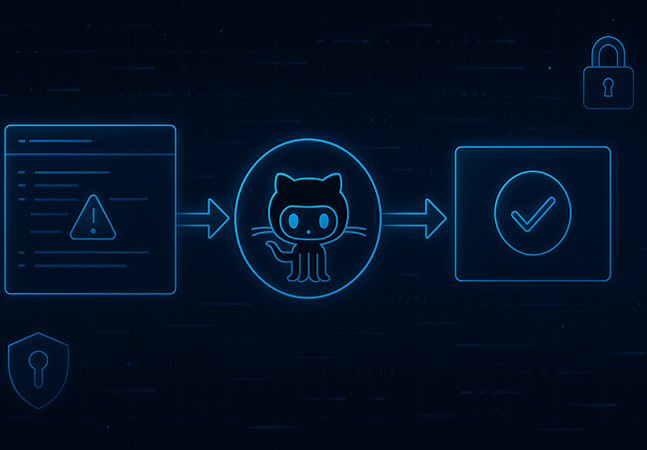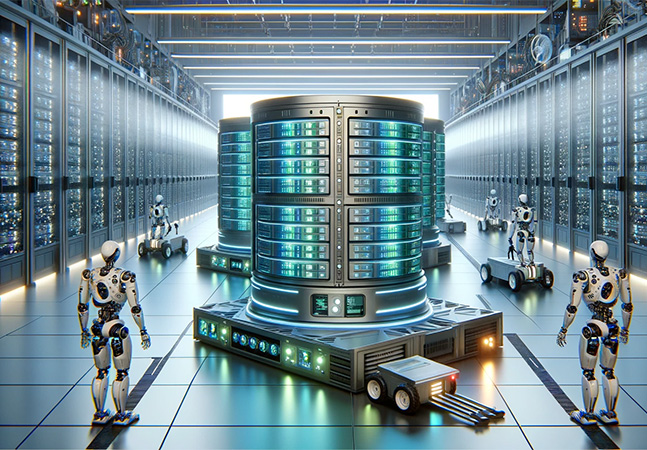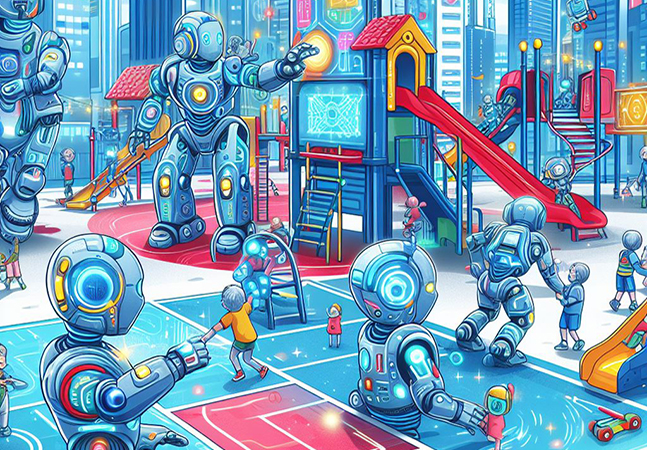
At Visual Studio Live! San Diego, Ginger Grant of Desert Isle Group will lead a practical, demo-driven session on how to build simple yet powerful chatbots using Microsoft Fabric lakehouses and warehouses. Attendees will learn how to use AI skills and grounding techniques to enable conversational data access -- quickly and cost-effectively. Ideal for developers ready to extend analytics with conversational interfaces.

Learn from expert trainer Randy Pagels how GitHub Advanced Security’s AI-powered autofix, secret scanning, and CodeQL analysis help developers secure code early -- without slowing down delivery.

Bring AI to your database! Learn how to build smarter apps with vector search in SQL Server & Azure Cosmos DB -- no extra AI stack required.

Karen Lopez will explain the ethical guidance that underpins responsible AI development, with a special focus on large language models, at VSLive! San Diego in July.

Developer educator and .NET MVP Jeremy Clark talks concurrent programming ahead of an intermediate-level two-day training session next month.

Eric D. Boyd of responsiveX previews his VSLive! 2025 session at Microsoft HQ in August where he explains how Azure ML empowers teams to build, deploy, and manage machine learning models with ease and confidence.

Why outline when you can prompt? Vibe writing is the new vibe coding, and yes, it’s exactly what it sounds like.

SQL development is evolving fast, and Microsoft's Drew Skwiers-Koballa will explain it all in a featured session at the VS Live! @ Microsoft HQ developer conference being held at the company's Redmond campus in August.

Microsoft reintroduced the AI Dev Gallery, a Windows application that serves as a comprehensive playground for AI development using .NET. It simplifies AI development with .NET through interactive samples, easy model downloads, and exportable source code.

Master the latest features of modern JavaScript in a hands-on workshop covering clean code techniques, async programming, templating, and full-stack development with Node.js.

Helping developers sort out which AI does what amid the growing clutter.

Expert Blazor programmer Michael Washington' will present an upcoming developer education session on building high-performance business applications using Blazor, focusing on core concepts, integration with .NET, and best practices for development.

At the Visual Studio Live! @ Microsoft HQ developer conference set for August, Rockford Lhotka will explain the ins and outs of authentication across Blazor Server, WebAssembly, and .NET MAUI Hybrid apps, and show how to use identity and claims to customize application behavior through fine-grained authorization.

Microsoft's latest Visual Studio preview facilitates "vibe coding," where developers mainly use GitHub Copilot AI to do all the programming in accordance with spoken or typed instructions.

With everyone scrambling to keep abreast of the rapidly advancing GenAI space, where some new tool or tech seems to be announced every week, Azure AI Foundry has emerged as a crucial end-to-end platform in the Microsoft-centric developer space.

New Vision support with GitHub Copilot in the latest Visual Studio Code Insiders build takes a user-supplied mockup image and creates a web page from it in seconds, handling all the HTML and CSS.

Two Microsoft experts will present on the cloud-native application stack designed to simplify the development of distributed systems in .NET at the Visual Studio Live! developer conference coming to Las Vegas next month.

At the upcoming Visual Studio Live! conference in Las Vegas, Marcel de Vries, Global MD & CTO at Xebia, will present a session on how developers can leverage Semantic Kernel to build AI-enhanced applications with C#.

Who better to lead a full-day deep dive into this tech than two experts from GitHub, which introduced the original "AI pair programmer" and spawned the ubiquitous Copilot moniker?

We often hear about the big new features in .NET or C#, but what about all of those lesser known, but useful new features? How exactly do you use constructs like collection indices and ranges, date features, and pattern matching?